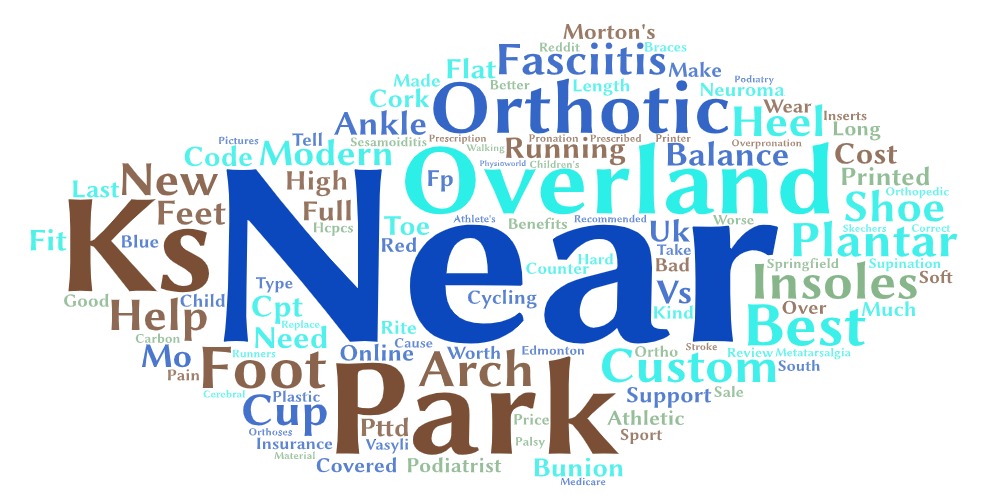Orthotics can be a great option to prevent new injuries. They can prevent the development of bunions and high arches. Moreover, they can help correct any discrepancy in limb length. Lifts can be built into orthotics to compensate for these differences. For those who do not need to wear custom orthotics, foam and gel insoles may be sufficient.
Custom orthotics are made from durable materials that can withstand pressures and movements. These materials should be flexible and comfortable. Custom orthotics can last up to five years, unlike OTC orthotics. They are made from high-quality materials. However, the lifespan of the orthotic depends on the type of activity you are engaged in, your weight and how well you take care of the orthotic. There are many options for custom orthotics, including shoes and insoles that can support the heel or full-foot. Each type is designed to solve a particular problem.
Orthotics can be beneficial for people suffering from chronic pain or dysfunction of the feet. If you suffer from plantar fasciitis, flat feet, or high arches, custom orthotics can help. While custom orthotics may not be cheap, they are more effective and last longer than generic orthotics.
Over-the-counter insoles: What is the cost?
Insoles are a great way for your feet to stay comfortable while you walk, run, or stand. The cost of over-the-counter insoles depends on the type and brand. There are several brands that offer gel insoles at an affordable price. However, gel insoles are more likely to break down after just a few weeks of use, or even a few months. This can lead to a significant, ongoing expense that is far greater than the initial cost of a higher-quality insole.






